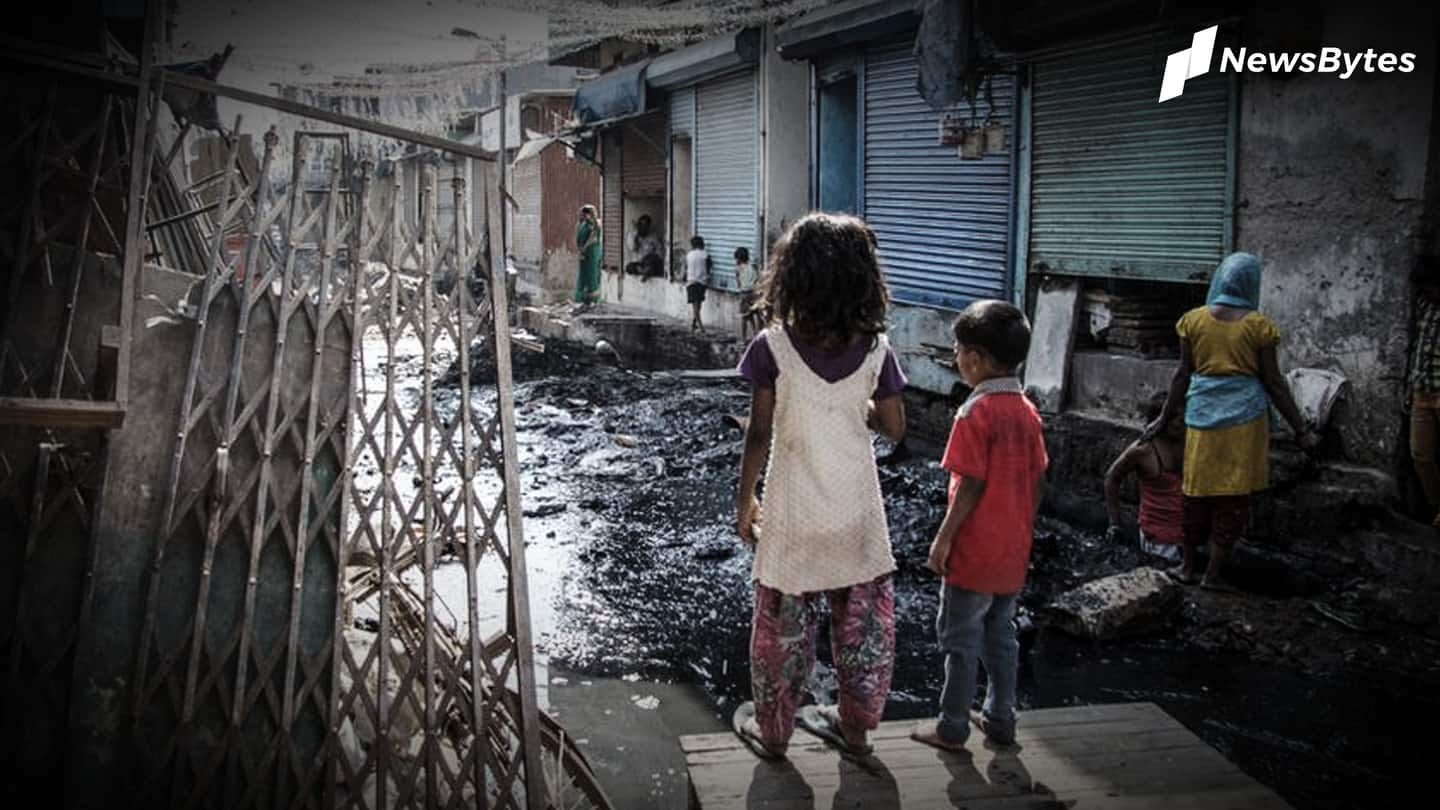
Frogs as food: The heartbreaking tale of hungry Bhagalpur kids
What's the story
The lockdown, imposed to stop the deadly coronavirus from spreading, had dire consequences — employees had to take pay cuts, laborers went out of work, businesses were shut, and uncertainty took over.
And for kids in Badbilla village of Bhagalpur, Bihar, it sparked a never-ending battle with hunger. With nothing to eat, they are back to picking scrap and begging.
Here's their heartbreaking story.
Demography
Bhagalpur's urban areas developed but some villages are still suffering
Bhagalpur is one of the most known towns in Bihar. In the urban areas, residential areas have gates, markets were crowded (in the pre-COVID era, of course), and some locals moved to bigger cities for better opportunities.
But in sharp contrast, some villages still deal with decades-old problems, like malnutrition and poverty.
Several generations suffered from malnutrition and the current lot isn't fortunate either.
Report
Kids were dependent on mid-day meals to fill their stomachs
Now, a recent report in Indian Express shed light on the plight of the kids of the Musahari Tola in Badbilla village. These children relied on mid-day meals of schools to fill their stomachs. But with schools shut for almost four months now, they have remained hungry.
Nearly 20 such kids told the daily they didn't eat anything during the day since schools closed.
Meals
Food was the biggest reason behind kids attending school
When asked if they regularly went to school, the kids replied in affirmative. They revealed Friday was their favorite day of the week, as they were served eggs.
These kids either went to government schools in Dudhela or Shahbad. Only a few of them attended the school in Sultanganj town.
They were given rice, roti, vegetables, dal, soya, and that was enough for them.
Do you know?
Now, the hungry kids are forced to catch frogs
Faced with an unprecedented crisis, these kids mostly beg or collect scrap, earning somewhere between Rs. 10 and 20 per plastic scrap. When asked what they eat when they are out, one of them replied, "We catch frogs."
Parents
Obviously, parents haven't been able to help their kids either
Before the restrictions were enforced, the poor parents managed their expenses through scrap-collection or begging. Those means of income are also drying up.
One Hira Manjhi said he earned Rs. 300 per day from a contractor in Sultanganj. Now, his trips have been reduced to just two per week.
His two children went to local anganwadi for one meal, but that's also closed now.
Help
Government gave pulses and wheat. It hasn't been enough, clearly
As is clear from their condition, the government aid hasn't been enough. One Meena Devi said an official gave 5 kg of rice/wheat and 1 kg dal one month ago.
"How long do they think 1 kg of dal lasts for a family?" she asked, revealing that she depends on alms from people in Sultanganj for survival.
The schools haven't received much help either.
Money
Reportedly, a meager amount was given to kids for food
According to District Magistrate Pranav Kumar, as per a March 14 directive of the government, money was sent to children's or their parents' accounts for food for 15 days.
The amount given was Rs. 114.21 for children studying between classes 1 and 5, and Rs. 171.17 to those studying between classes 6 and 8.
However, some schools said money stopped coming after May.
Details
Even school authorities agree the money won't do much
Anjani Kumar, who teaches at MS Madhyamik Vidyalaya, Khurd Kajraili, said this amount won't help.
"Most of these children come from poor families. Money is often sent to accounts for school uniforms, and when you ask children where their new clothes are, they say their parents used the money," Kumar said.
Meanwhile, the principal of Shanti Devi Kanya Vidyalaya in Sultanganj called the amount a "joke."
Statement
Separately, former Union Health Secretary advised government to step up
Underlining that mid-day meals were the only reason why the unprivileged students attended schools, former Union Health Secretary, Keshav Desiraju, said the government needs to come with an alternative.
"Online education cannot be the only answer, it can only be supplementary. And with mid-day meals, the government must look at ways where food can be delivered to the home for children," he opined.